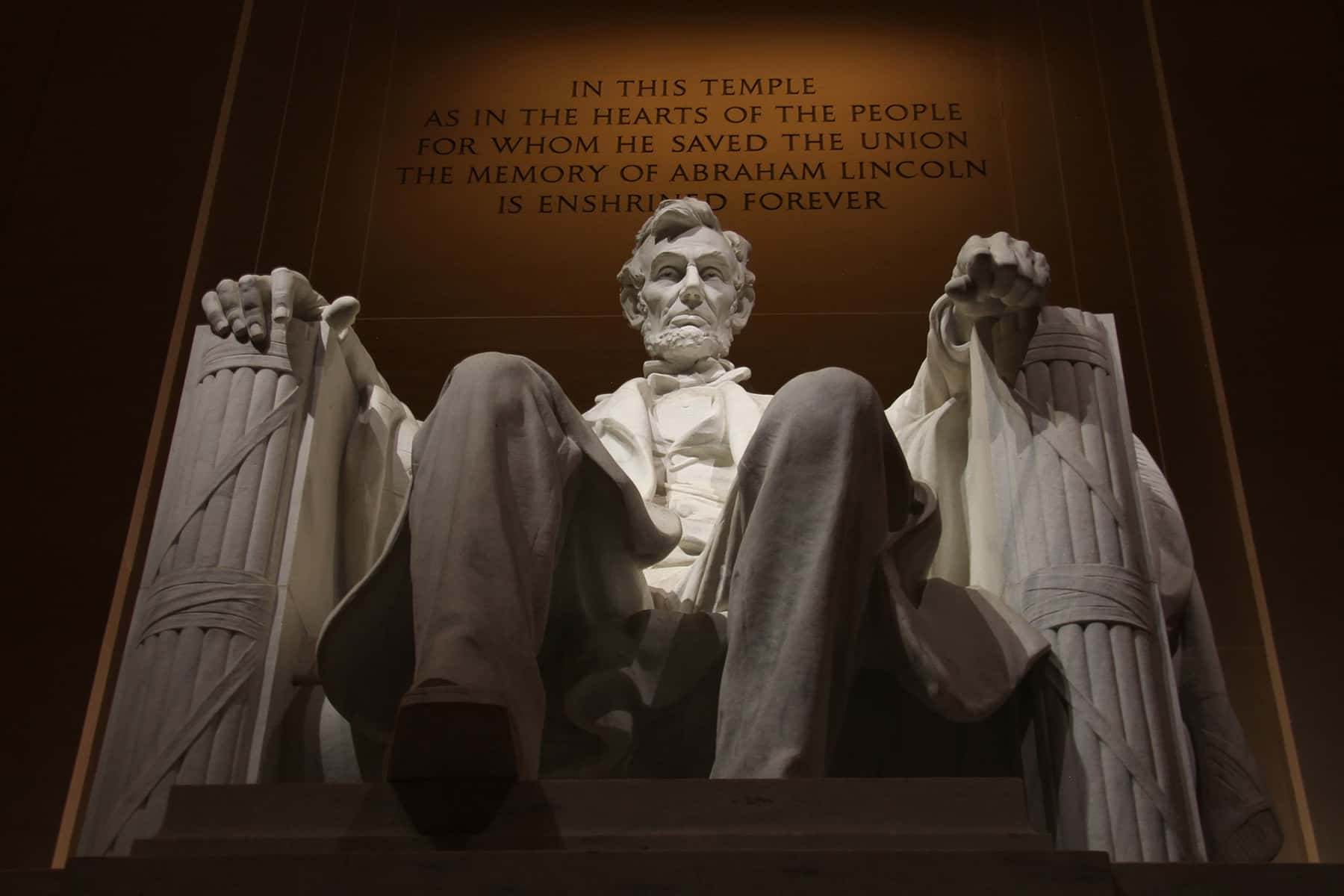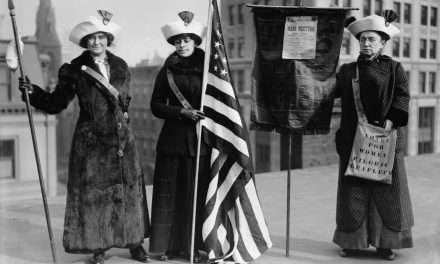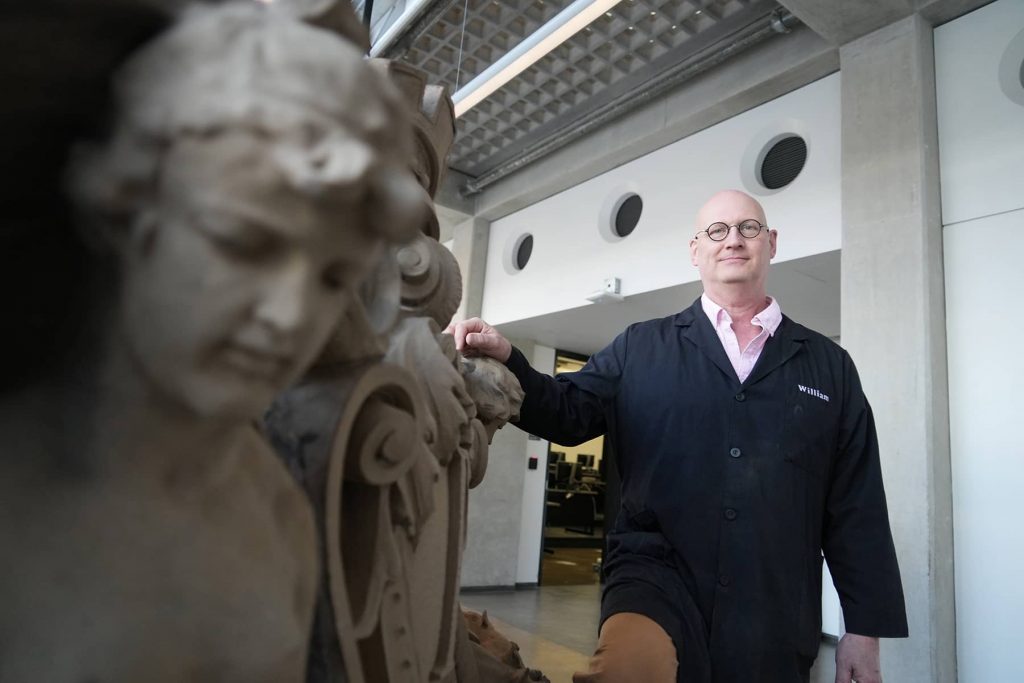
About a year ago, I wrote that 2020 would be the year that determines whether or not American democracy survives. And here we are.
Our system has never lived up to its fullest potential, but until recently, its aspirations have driven us to fight to perfect it, guaranteeing everyone equality before the law and the right to a say in our government. The democracy that began as equality for a handful of the people in the new nation — just white men of property — expanded first to include poorer white men, and then immigrants, then African American men, then women, then Asian immigrants, Latinos, and native peoples.
That expansion has never been smooth. Indeed, it has been obstructed at every turn. But even as people in power sought to prevent those they considered inferior from being treated as equals, the principle expanded.
American democracy has never been perfect, and of late, voices have dismissed it as a sham. On the one hand, naysayers insist that our country is broken because we have given too much power to minorities, women, and the poor. Those people, this argument goes, vote for Democrats who will give them handouts: programs that redistribute tax dollars from hardworking white men to their own pockets. Those who back this argument want to keep those people from voting through voter suppression measures, or with under-representing them in Congress through gerrymandering laws.
On the other hand, voices attack democracy because we have never really allowed full rights to any but white men. Democracy was never real, and will never be real, they say, so what’s the point in fighting for it?
But, see, here’s the thing: Once you give up the principle of equality before the law, you have given up the whole game. You have admitted the principle that people are unequal, and that some people are better than others. Once you have replaced the principle of equality with the idea that humans are unequal, you have granted your approval to the idea of rulers and servants. At that point, all you can do is to hope that no one in power decides that you belong in one of the lesser groups.
In 1858, Abraham Lincoln, then a candidate for the Senate, warned that arguments limiting American equality to white men and excluding black Americans were the same arguments “that kings have made for enslaving the people in all ages of the world…. Turn in whatever way you will– whether it come from the mouth of a King, an excuse for enslaving the people of his country, or from the mouth of men of one race as a reason for enslaving the men of another race, it is all the same old serpent.”
Either people—men, in his day — were equal, or they were not. Lincoln went on, “I should like to know if taking this old Declaration of Independence, which declares that all men are equal upon principle and making exceptions to it… where will it stop?”
We are in a new era, in which an international economy is concentrating wealth and power in the hands of a very few men. We have seen how an oligarchy rose in Russia after the fall of communism, when a few wealthy, well-connected men under Vladimir Putin rejected democracy, monopolized the country’s industries and resources, and took over the government.
We are watching a similar movement in our own country, where wealth has moved upward dramatically since 1981, our government increasingly answers to the demands of wealthy men rather than to the majority of us, and leaders appear more eager to work with the rising international oligarchy than to defend our democracy.
America is in a precarious spot.
But Americans have finally woken up. Democracy is not a spectator sport, and people are now speaking up, demanding that our leaders listen to us, and insisting that officials as well as ordinary Americans answer to the law.
Let’s approach the future with the clear eyes it demands. And now, let’s get to work.
Letters from an Аmerican is a daily email newsletter written by Heather Cox Richardson, about the history behind today’s politics














